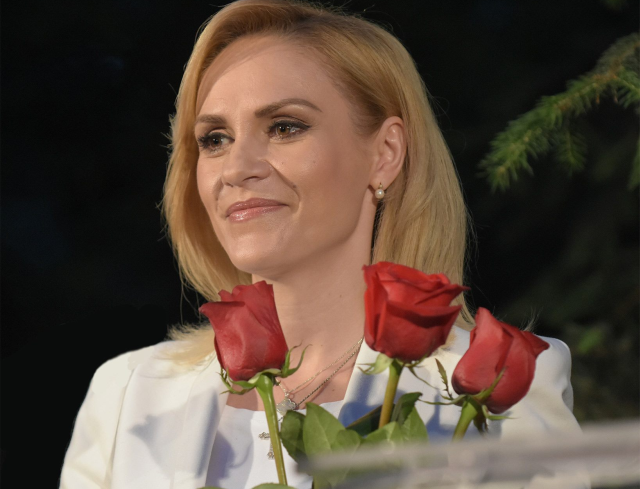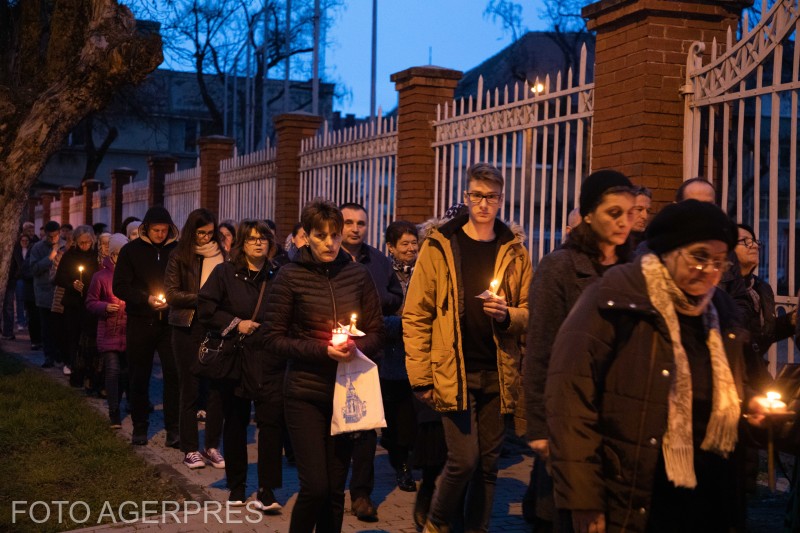Local elections in Romania
Sundays local elections have confirmed the tendencies of Romanians voting preferences in recent months. The right-wing Social-Democratic Party has grabbed close to 40% of the vote at national level, by 10% more than its opposition rivals, the National Liberal Party. The Liberals have been steadily losing voter confidence since its candidate, Klaus Iohannis, won the 2014 presidential elections.

Florentin Căpitănescu, 06.06.2016, 13:49
Sundays local elections have confirmed the tendencies of Romanians voting preferences in recent months. The right-wing Social-Democratic Party has grabbed close to 40% of the vote at national level, by 10% more than its opposition rivals, the National Liberal Party. The Liberals have been steadily losing voter confidence since its candidate, Klaus Iohannis, won the 2014 presidential elections.
In Bucharest, commonly seen as one of the bedrocks of right-wing parties until recently, the Social-Democrats have won all six seats of district mayor plus the race for general mayor. Gabriela Vranceanu Firea, a former journalist, who has known a rapid political ascension, is the first woman to take over the mayorship of the capital and the first Social-Democrat to win this seat. Ranking second in the vote for Bucharest, Nicusor Dan is an NGO hardliner who has been actively militating against the corruption embedded in the Bucharest City Hall. Confident about his partys potential and the score it obtained in the elections, Nicusor Dan said the Save Bucharest Union will become the Save Romania Union, aiming to have an impact at national level.
The growing influence of his party is also the effect of the National Liberal Party losing ground, particularly in the capital city. The victim of its own hesitations, after Liberal leaders have nominated no less than four candidates in the race for Bucharest, the Liberals will now struggle to save face in Novembers legislative elections. Their candidate for Bucharest Mayor, Catalin Predoiu, a former Justice Minister, has already announced he would step down as head of the partys Bucharest branch.
The Social-Democrats have also secured majority in the General Council of Bucharest, alongside their junior partners, the National Union for the Progress of Romania. Pundits say the Save Bucharest Union and the National Liberal Party will remain in opposition.
On the other hand, Sundays elections were marked by a very poor voter turnout, particularly in large cities. In Bucharest, the turnout stood at 33%, the lowest at national level, according to data made public by the Central Electoral Bureau. Less than 50% of Romanians expressed their vote at national level, less than in the previous ballot of 2012.
Another disturbing detail is that although the fight against corruption has been gaining momentum in Romania, some mayors currently being investigated for corruption managed to secure a new mandate. Such are the cases of George Scripcaru, the mayor of Brasov, Lia Olguta Vasilescu, the mayor of Craiova and Catalin Chereches, the mayor of Baia Mare, who is actually behind bars.
Emil Boc has secured a new mandate in Cluj, and so did Gheorghe Falca in Arad and Nicolae Robu in Timisoara. Instead, the cities of Constanta, Iasi and Sibiu have elected new mayors.
The main controversy revolving around Sundays vote was the single-ballot voting system, a measure that questions the legitimacy of many elected officials. Over 250,000 candidates battled for the positions of mayors and local councillors in some 3,200 towns and villages, and for becoming members of 41 county councils.






























